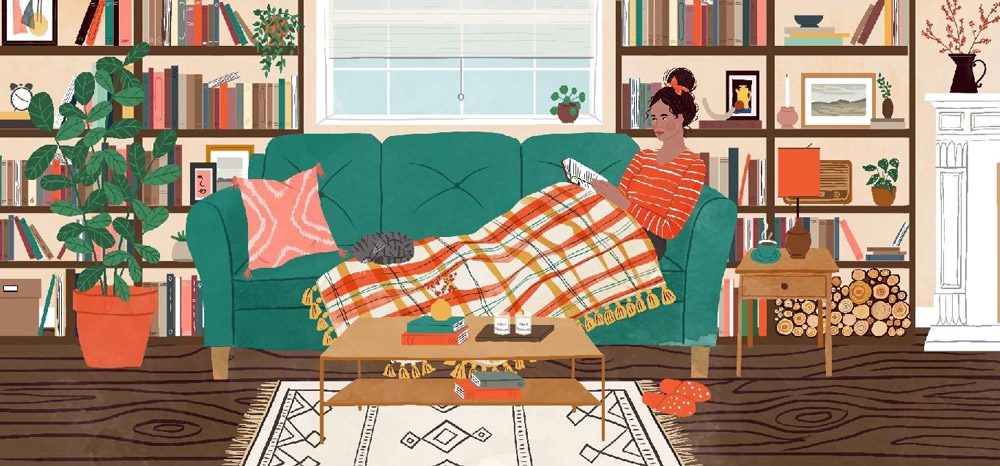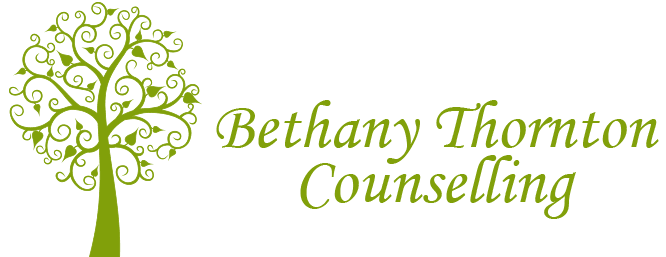TO SAY THAT LIFE CAN BE HARD IS, ADMITTEDLY, A BIG UNDERSTATEMENT.
There are so many difficulties that life can throw at us, often without warning and sometimes through no fault of our own.
For this reason, we all need a safe haven, a place that we can retreat to, to unwind, express our true feelings, receive empathy/advice/a hug, take a breather and regroup. There are safe havens everywhere – a home, the home of a friend or family member, a staff room, a HQ, a church or other spiritual space, a counselling session, even base camp on Mount Everest is a safe haven for climbers.
When we’re tired, the feeling that ‘I just want to go home’ is often the inner instinct we have because we’re weary and looking to rest and recharge. We need to retreat after a long or difficult day. Once there we might offload to a loved one about what we’ve been through that day, we might share a meal, sit on the sofa and find something to watch that takes our mind off it, or have a long soak in the bath. Our home is ideally a place of sanctuary, to rest from the demands of life. But what’s ideal isn’t always what we’ve got. Sometimes our home is a source of tension with those we’re living with, or a lonely place because we live alone.

A safe haven isn’t necessarily always a home though, it can be the hug of a loved one, the conversation with a friend over a cuppa, the wise advice from a grandparent or the moral support from a colleague. When it comes to safe havens, relationships matter a lot. In fact, we know from various psychological theories, the importance of having secure, loving relationships from birth onwards, and the better our parents / caregivers cared for us as infants, the more likely we are to feel safe and secure as adults.
Attachment theory (Bowlby & Ainsworth) states that in order for children to establish secure relationships, they need caregivers (parents or guardians) to give quick and consistent responses to a child’s needs, proving to the child that they are a reliable source of love and support as the child grows and develops. This theory implies that given this security, the child can grow into a secure adult, who knows that the world is a safe place, where their needs can be met. These secure adults tend to have good self-esteem, healthy romantic relationships and feel safe to be able to self-disclose their thoughts and feelings. If however the child is given inconsistent or insufficient responses to their needs, they will develop avoidant, disorganised or ambivalent attachments to others, which will lead to unhealthy relationships, and therefore difficulty in receiving sufficient emotional support from others, and where relational needs are not met.
A safe haven can also be internal, a place we can retreat to within ourselves that can be accessed by taking some deep breaths and focusing on self-compassion. A calm place where we can reassure ourselves that we’re doing our best and that we can try again tomorrow. But I wonder….is this something you’re able to do?… Or do you have an inner bully that tells you that you’re not good enough, that your bad day is because you’ve done something wrong, and you better get it together?
The question I’m posing to you then, is what, who and where is your safe haven? What places do you go to for the refreshment you need? Who do you turn to for a much-needed chat? What resources do you lean on to get the affirmation and encouragement you need to face another day?
If you’re struggling with your mental health, it may be worth pausing for a moment to reflect on the resources you have available, and the environment you’re in, that affects your wellbeing. A lot of people take for granted having a safe home, a job, a friend, a parent-like figure but these aren’t always available for everyone, even though they’re important for emotional resilience. If you’re short of any one of these things, you may be finding life very difficult, because they all help make up a secure life.
You may have had experiences in life where you haven’t had a safe haven, perhaps your childhood home wasn’t a safe place, but marred by abuse or neglect; one or both parents simply weren’t available to provide the emotional support you needed; perhaps you found it hard to make friends; maybe your work colleagues were unsupportive and uncaring. These things and more can have had a significant impact on your sense of security, and therefore your ability to establish a safe haven to help you cope with the challenges of life, or to find the courage to take risks.
If this resonates with you, if you’re feeling that life is stormy, but don’t have a safe haven to retreat to, perhaps it’s time to take stock of what’s happened and find ways to build a safe haven in your life. If you’d like to discuss whatever’s coming up for you in this blog, please feel free to get in touch, I’d like to help.
